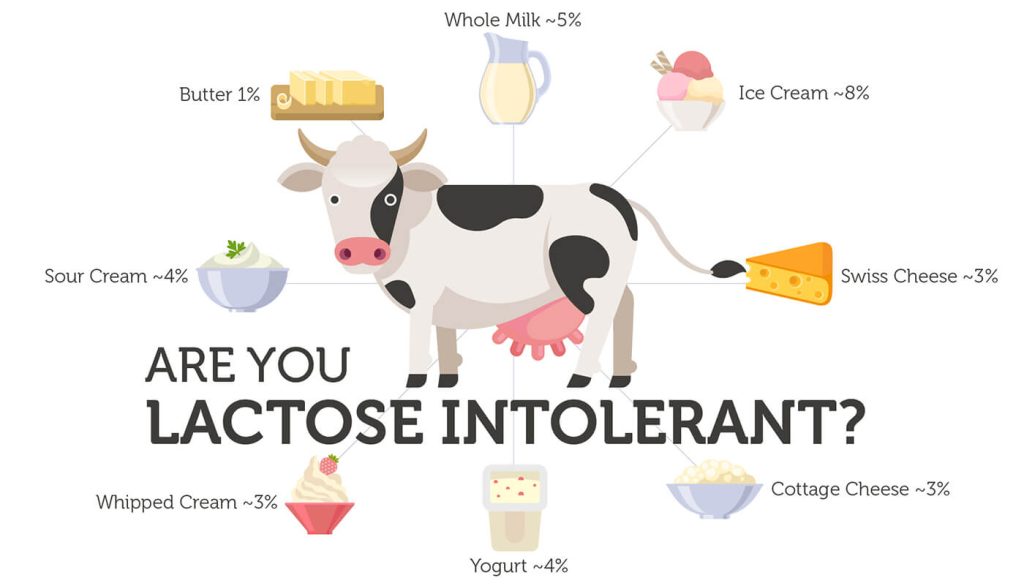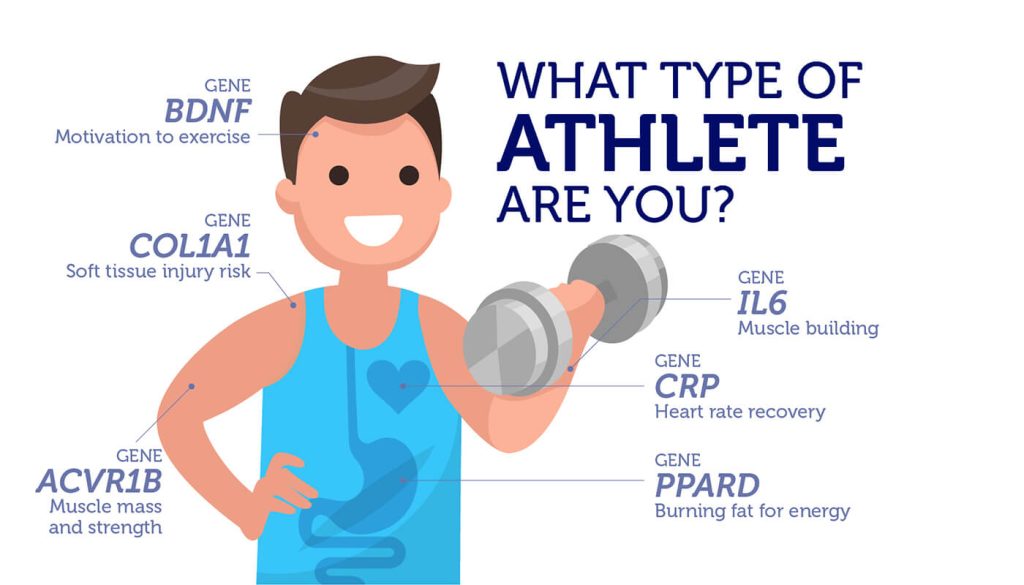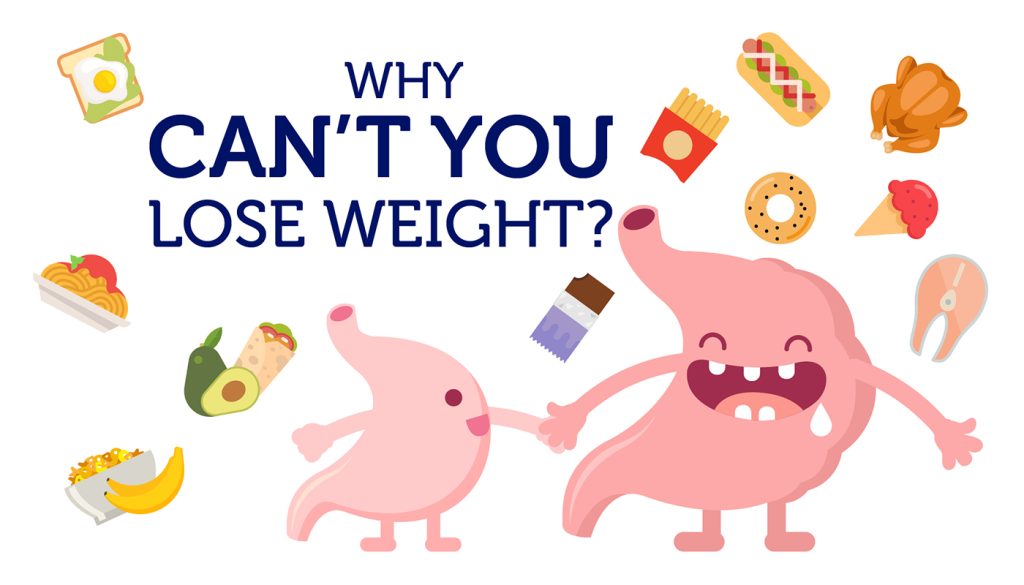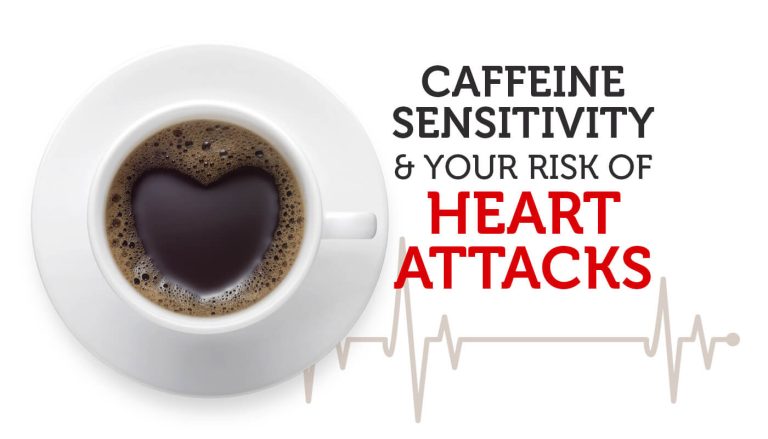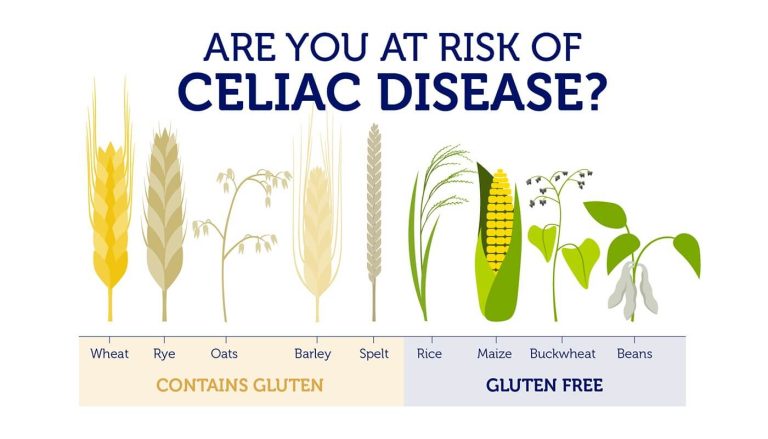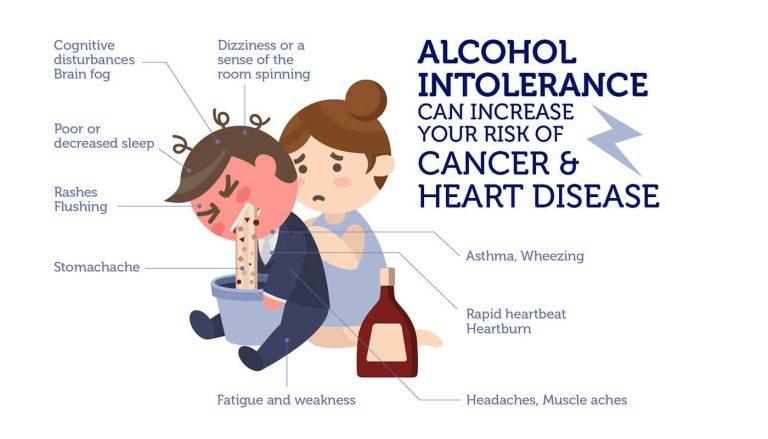Food, fashion and fitness all have fads because we find comfort in the sense of belonging. Even the best of us sometimes “follow the crowd” into the busiest restaurant on the street, or wear socks with sandals to “fit in”.
But, this may be the year we break out of the mold in fitness. According to the latest trends, wearable technologies top off the charts, with science-based training not far back at #4. Rather than relying on the numbers on a scale, we now have the means to measure many other factors involved in fitness and health from steps, to sleep, to heart rate.
More importantly, we are truly interested in understanding the why and the how of fitness. Why a particular fitness routine may better suit some of us, but not others. And how our diet, metabolism and genes will affect the expected outcome.
For those who want to take it a step further, there’s DNA fitness testing. A method that allows you to personalize your workouts to suit your genes. The PPARA gene is a great example of where genetic variation plays a major role in determining whether you are better suited for strength or endurance exercise.
Fast-twitch versus slow-twitch
When it comes to exercise or going to the gym, our choices are usually based on what we enjoy. If we consistently stay active, our bodies start to adapt to our routines. Our muscles change, and we become more efficient at fuelling our muscles too.
If you are a hardcore sprinter or a weightlifter, it’s likely that you have more “fast-twitch” fibres in your skeletal muscle. These muscles generate powerful bursts of energy. If you prefer running marathons or cycling, you probably have more “slow-twitch” fibres that are meant for endurance.
Fast-twitch muscles use sugars as their main source of energy. Even though slow-twitch muscles can burn sugar, they prefer burning fat. Burning fat generates twice as much energy compared to sugar. The more we train the better we become at consuming fats, which is extremely beneficial if you want to increase your endurance.
The PPARA gene
PPAR alpha, the protein encoded by the PPARA gene, helps control the energy switch between sugars and fats.
Endurance training turns on PPARA, producing higher protein levels in slow-twitch muscles. Not surprisingly, endurance athletes with more slow-twitch muscles have more PPAR alpha, compared to people with normal activity levels and average muscle fibre distribution.
A genetic variation in the PPARA gene results in two common forms of the gene. People with the rs4253778 G version make more PPAR alpha protein, compared to those with the C allele. The G allele is also associated with a higher percentage of slow-twitch muscles, and it’s more common among elite endurance athletes.
However, there’s no need to despair if you inherited the C allele of PPARA. This version makes you better suited for activities that require power or speed.
The bottom line is, people with the G allele have more PPAR alpha and are better at utilizing fats as energy, which suits fitness regimes designed to boost stamina. In contrast, people with the C allele are better at adapting their bodies to generate fuel anaerobically (without oxygen), so they can excel in activities that require power.
Workouts that match our unique DNA
No two people are genetically identical (aside from identical twins). This is why our responses to a single fitness routine can vary quite a bit. Differences in a single gene like PPARA can explain why your friend swears by strength workouts for weight-loss, but you’ve never found it to be effective.
If you really think about it, matching your fitness plan to your exact genetic makeup will not only save you money, but it will keep you from having to experience the bitter disappointment of a failed fitness routine ever again. Personalize your workout today, with the DNA Fitness Test.




